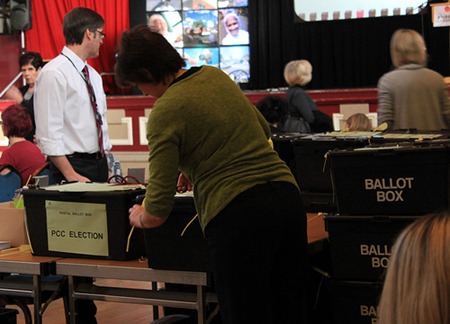I recently decided to retake the Political Compass test, having previously found it a useful and more accurate tool to find out where on the political spectrum I am situated and, hence, to find the party whom I would most likely be more political aligned to. It came as no surprise that the closest party to me was the Green Party as before – being the only non-nationalist UK party in the bottom-left quartile, it wasn’t hard to see. Perhaps what I found most surprising was that I have moved a little to the right since my last test – I can’t speculate as to what may have caused this and I don’t think I want to; these are my views, and this is an accurate representation of them, so I shall leave them be, and retake the test in March and see what it says then. If you’ve not been on this website before, it’s a good basis to finding out who you should be voting for in the General Elections rather than simply basing it on the leader’s charisma.
My figures stand at:
- Economically 4.62 to the left;
- Socially 7.9 towards libertarian.
I’d be interested to hear what everyone else’s are, so if you’ve taken the test, post your most recent results, and if not, take it and post the results. I was once told that for those who have taken this test before, or based the test on politicians as they’ve grown older, that most move towards the right and towards authoritarian; in all honesty, I hope this doesn’t happen to me. So it would be interesting to see how others matched on the chart and whether this is reflected in reality.
Also, if you’re particularly interested in making sure you decide on the basis of your ideologies, I’d recommend a website called Vote for Policies – the website is a little out of date, but uses the 2010 general election manifestos of the 6 main UK parties and asks you to choose which you most agree with. At the end of the test, it tells you which party you most agreed with. Again, I found myself with the vast majority of Green Party policies. Perhaps if everyone used these tools and voted on the basis of the results, we’d have a much more interesting General Election. Couple that with a proportionally representative voting system, and it would be even more interesting. But that’s far off and very unlikely.


